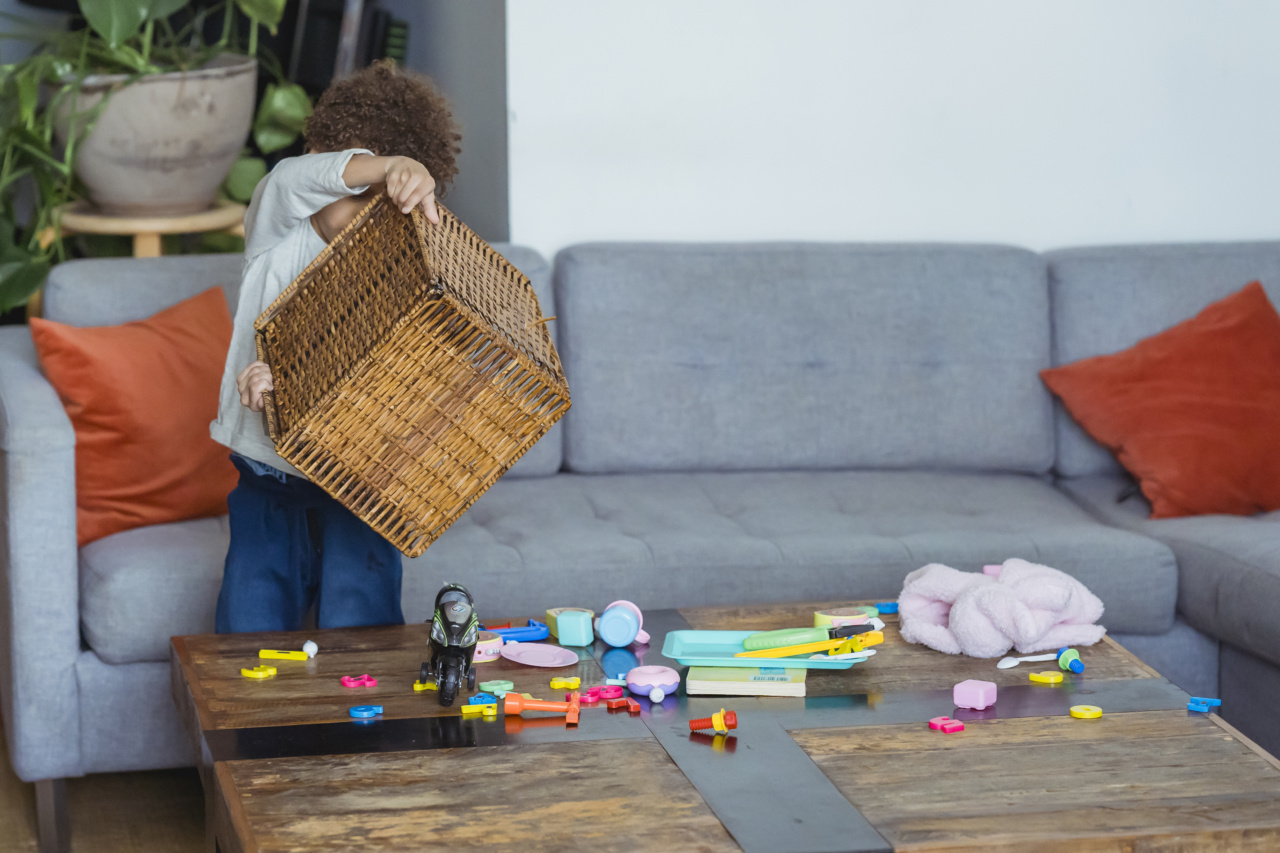Childhood is a crucial period of growth and development that sets the foundation for a child’s future. One of the essential aspects of a child’s healthy development is play.
Play allows children to explore their surroundings, build social skills, enhance creativity, and develop cognitive abilities. While parental supervision is crucial for ensuring children’s safety and well-being, an increasing number of experts argue that children also need opportunities for unsupervised play.
In this article, we will discuss the extent to which we should let children play alone versus watching over them.
Benefits of Unsupervised Play
Unsupervised play refers to playtime where children are given the freedom to explore, create, and engage in activities without constant adult supervision. This type of play offers numerous benefits:.
1. Independence and Decision Making
When children play alone, they gain a sense of independence and learn to make decisions for themselves.
As they navigate through different play scenarios and situations, they develop problem-solving skills and become more confident in their abilities to make choices.
2. Creativity and Imagination
During unsupervised play, children have the opportunity to let their imaginations run wild. With no adult direction or rules, they can freely create scenarios, stories, and use objects in imaginative ways.
This enhances their creativity, fosters divergent thinking, and encourages originality.
3. Social Skills and Cooperation
While supervised play often involves structured activities or organized games, unsupervised play allows children to interact and cooperate with peers in a more organic way.
Children learn how to negotiate, compromise, and resolve conflicts independently, thereby improving their social skills and abilities to work in teams.
4. Critical Thinking and Problem Solving
In unsupervised play, children face challenges and problems that require critical thinking and problem-solving skills.
Whether it’s building a fort or inventing a game, they learn how to assess situations, adjust strategies, and find creative solutions on their own.
5. Emotional and Physical Health
Unsupervised play offers children a chance to unwind, recharge, and release their pent-up energy. It promotes physical activity and helps prevent sedentary lifestyles, obesity, and related health issues.
Moreover, being in control of their own playtime allows children to experience autonomy and develop emotional resilience.
The Role of Parental Involvement
While unsupervised play has its merits, parental involvement and supervision are still crucial in a child’s life. Parents play several key roles:.
1. Setting Boundaries and Safety
It is essential for parents to establish clear boundaries and communicate safety rules to ensure their child’s well-being.
This can be done through discussions, teaching safety measures, and monitoring the play environment to ensure it is safe and suitable.
2. Offering Guidance and Support
Parents can provide guidance and support by engaging in open conversations about the child’s play experiences.
This allows parents to understand the child’s development, interests, and concerns while offering advice, encouragement, and gentle redirection when necessary.
3. Balancing Supervised and Unsupervised Play
Parents should strike a balance between supervised and unsupervised play.
While children need opportunities for independent play, there are times when supervised play can offer valuable learning experiences, such as organized sports activities or directed crafts.
4. Monitoring Digital Exposure
In today’s digital age, parents must monitor and regulate their child’s exposure to screens and technology during playtime.
Excessive screen time has been associated with negative impacts on cognitive development, physical health, and social skills. Parents should encourage a healthy balance between digital and non-digital play activities.
Conclusion
In conclusion, unsupervised play holds significant benefits for children’s development. It fosters independence, creativity, social skills, critical thinking, and physical and emotional well-being.
While parental involvement is crucial, finding the right balance between supervised and unsupervised play is key. By setting boundaries, offering guidance, and monitoring digital exposure, parents can provide a supportive environment for their children’s play experiences.
Allowing children to have both supervised and unsupervised playtime enables them to grow, learn, and thrive.






























